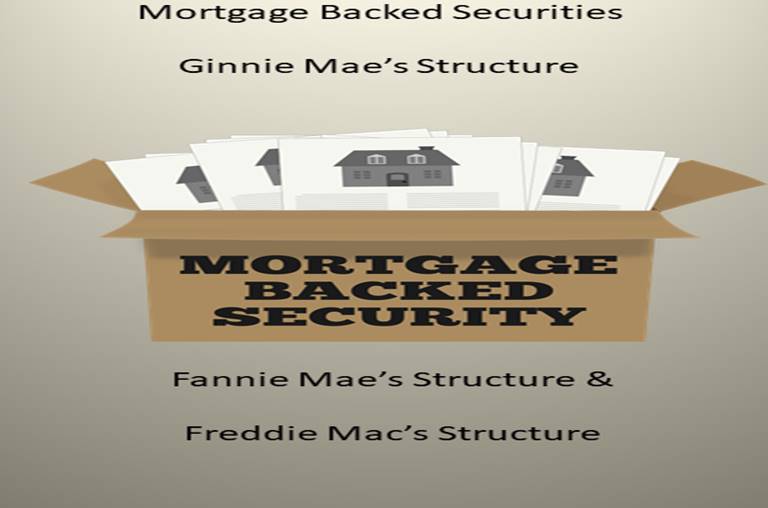There is another update coming when the bill is voted on by the House -Congress. 03/15/2018
Why bring up the past? Well, it seems we are possibly about to be presented with changes in mortgage lending regulations again. To this underwriter, caution might be the best route to take.
In 2010, the Dodd/Frank bill came into play where banks and mortgage lending rules/regulations and procedures changed drastically because of serious mortgage delinquencies. Many changes since 2007 was changed to a new rule or similar to a prior rules.
One of the rules was derived to make the disclosures simpler for the proposed mortgage loan applicant. This was when the Good Faith Estimate (GFE) and the Truth-in-Lending (TIL) forms were changed. Explained here- 2015 changes: Now called Loan Estimate, and Closing disclosure. The many changes occurred with the mortgage meltdown, the Subprime disaster, and the lenient rules of mortgage lending. It was none too soon, but a little too late. The housing market, the banking industry, brokers, Wall Street, Fannie Mae, Freddie Mac, FHA, and many more agencies had almost collapsed, and people began to fall delinquent with their mortgage loan.
The rest of the above story is here about the meltdown, at least some of it.
If you have read the news you know as of recently it is reported that President Trump is deregulating the banks, or at least trying to free some of the more strict regulations. This supposedly will free up the banks so that they have more lending ability, thereby making more income.
Here are some of the reasons why rules should stay tighter or more restricted:
Some people, especially the financial institutions may be rejoicing. However, this underwriter and mortgage person believes that the major underwriting guidelines stay put for the long haul and here is why:
- It is true that all people deserve to buy a home and live comfortable in it. It is true that every individual should be given the same opportunity to obtain housing for his or her loved ones. However, not all individuals can afford to buy a home and nothing can change that, accept the individual work, save, protect their credit, and have minimal credit obligations. This is something that should be said frequently, if we expect our country to gain the stability that we need to remain solvent and without bailing out financial institutions.
- So many things can go wrong for anyone in life. When life issues occur, and these individual who have minimal, or no sufficient funds, do not have a stable income, and do not have at least moderate credit; their ability to pay their mortgage forever may be limited until the new wears off.
Facts about debt that an individual will pay first in the case of adversity:
What you can do to help your credit here
Something recently posted online said that most individuals who get into trouble financially will pay their installment loan on their vehicle or other loans first. They will allow their mortgage payments to be delinquent first. Getting back on track with a mortgage payment is much harder than an auto loan for most people. Unless of course they bought the most expensive car, they could find, without a down payment. This is what happens often, that does not make one’s judgment sound when purchasing a home that is a little too much for their budget.
Of course, a person must have a vehicle to get to work; however, they also wanted the larger home with minimal down payment. They also may have obtained an adjustable rate loan, (ARM), with a smaller initial payment, and when the rate adjusted, it was blown out of the water. What changes now? The home is not as beautiful as it once was, and it is not affordable.
The Adjustable Rate Loan Explained (ARM)
What first time home-buyers often forget: **while I am not putting anyone in a specific category or being negative about someone’s wisdom, with the mortgage meltdown, some people failed to remember the basics needs while owning a home.
- The mortgage loan payment must be paid on the first day of the month every month. Thirty days are not as long as one may think.
- If you become delinquent for 30 days, it is going to show on your credit report and you may not be able to obtain other financing you could possibly need.
- You may want to go out to dinner, but may need to save those extra funds just in case your escrow account goes up.
- Emergencies happen, illness, job losses, and no one knows when.
- The cable TV is expensive, and other choices are out there.
- The car may break down and you may need another one.
- The utilities may be higher.
- The mortgage payment is not going to go away in 60 months; it will be there for 360 months, (usually), unless of course you come into a fortune.
Warp Up
While not meaning this post to be a negative or discouraging post, we are trying to get your attention. We hope to make you more aware of what it entails when you are about to obtain the largest credit obligation you will probably ever make.
Buying a home is serious business. Yes, lender’s need to make loans, money and borrower’s need to have a nice home to live in. A lot of the time what happens is like going to a potluck dinner and filling your plate too full. All of a sudden, there is too much to digest, and something is thrown by the wayside.
When new homeowners bite off more than they can chew successfully, there is then the after math with late mortgage payments, or foreclosure.
Some of the latter written content is some of the reasons that the mortgage meltdown occurred. Lenders, borrowers, and regulations decided to make the rules more lenient. We do not want to go there again!




